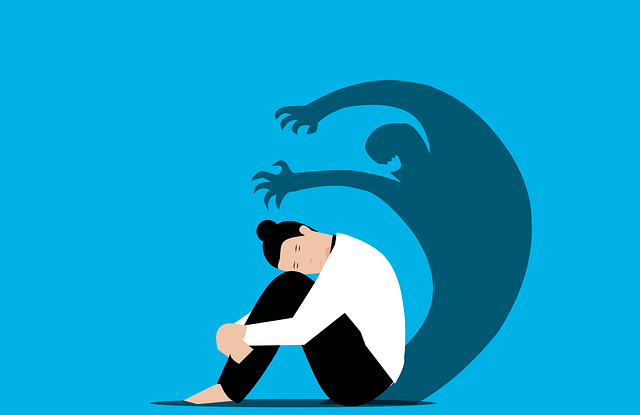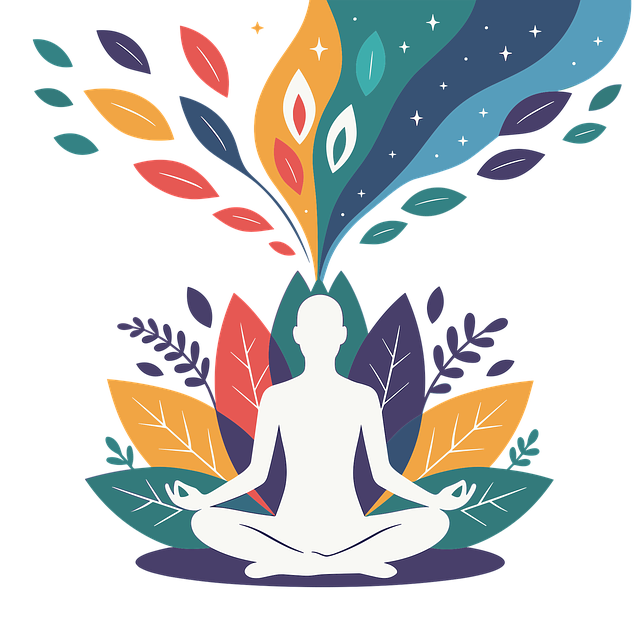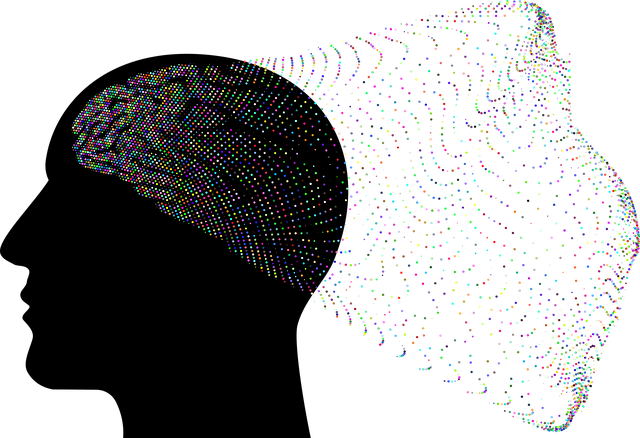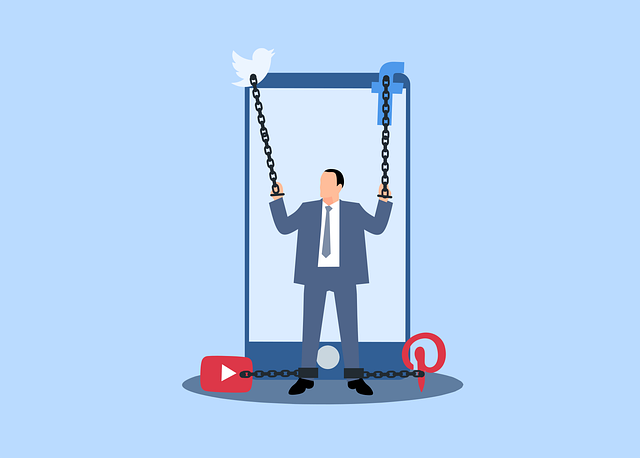Mental wellness groups in Boulder, led by experts in ADD-ADHD therapy, provide a supportive community for individuals to connect, learn, and grow. These groups offer safe spaces for expression, sharing coping strategies, and gaining insights into managing anxiety and stress. Through structured therapy sessions, social skills training, trauma support, and depression prevention strategies, Boulder ADD-ADHD Therapy empowers individuals with ADHD to lead fulfilling lives while fostering social connections crucial for mental health. Effective communication and active listening build trust, enabling deeper connections and emotional healing.
In today’s digital era, mental wellness groups are transforming lives, especially in vibrant communities like Boulder. This article explores the power of group facilitation techniques tailored for ADD-ADHD therapy. We delve into how these strategies not only enhance cognitive skills but also foster a safe and supportive environment, contributing to improved mental health outcomes. Discover effective methods that revolutionize Boulder ADD-ADHD Therapy, offering a sanctuary where individuals can navigate their journeys towards better mental wellness.
- Understanding Mental Wellness Groups and Their Benefits
- Effective Group Facilitation Techniques for ADD-ADHD Therapy in Boulder
- Creating a Safe and Supportive Environment for Enhanced Mental Health Outcomes
Understanding Mental Wellness Groups and Their Benefits

Mental wellness groups offer a unique and supportive environment where individuals with shared experiences or challenges can come together to connect, learn, and grow. These groups are facilitated by professionals like Boulder ADD-ADHD Therapy experts who specialize in guiding participants through various therapeutic techniques. The primary goal is to foster a sense of community, promote healing, and enhance overall mental wellness.
One of the key benefits of such groups is providing a safe space for individuals to express themselves without fear of judgment. Members can share their struggles with anxiety relief or stress management, learn coping strategies from peers, and gain insights into managing their conditions effectively. Additionally, these groups encourage social connections, which are vital for mental health, offering a network of support that extends beyond the sessions, promoting better risk management planning for both professionals and participants alike.
Effective Group Facilitation Techniques for ADD-ADHD Therapy in Boulder

In the context of Boulder ADD-ADHD Therapy, effective group facilitation techniques play a pivotal role in fostering an inclusive and supportive environment for individuals navigating attention-deficit/hyperactivity disorder (ADHD). One proven approach is structured group therapy, where facilitators guide participants through a set agenda tailored to address specific challenges associated with ADHD. This method encourages active engagement by promoting open discussions, peer learning, and skill-sharing among peers facing similar struggles. By fostering a sense of community, individuals can build upon each other’s experiences, providing valuable trauma support services and depression prevention strategies.
Additionally, incorporating social skills training within group sessions has shown significant benefits. Facilitators design activities that challenge members to communicate effectively, manage impulses, and develop coping mechanisms for daily life. This not only enhances their overall mental wellness but also equips them with essential tools to navigate social interactions, promoting a sense of belonging and self-confidence. Boulder ADD-ADHD Therapy groups thus offer a holistic approach, combining structured sessions with trauma support and depression prevention measures, ultimately empowering individuals to lead fulfilling lives despite the challenges posed by ADHD.
Creating a Safe and Supportive Environment for Enhanced Mental Health Outcomes

Creating a safe and supportive environment is paramount to facilitating effective mental wellness groups. This involves fostering an atmosphere where participants feel accepted, understood, and free to express their thoughts and feelings without fear of judgment. Techniques such as active listening, empathy, and confidentiality play a crucial role in building trust within the group dynamic. By ensuring every voice is heard and valued, facilitators enable individuals to connect on a deeper level, enhancing the emotional healing processes that occur during collective exploration.
In the context of Boulder ADD-ADHD Therapy or similar specialized programs, these principles are especially pertinent. Public awareness campaigns development and communication strategies focused on destigmatizing mental health issues can further contribute to creating welcoming spaces. Ultimately, this supportive environment encourages open dialogue, promotes effective Communication Strategies, and paves the way for positive mental health outcomes, ensuring individuals feel empowered to navigate their emotional journeys with greater confidence and resilience.
Mental wellness groups, especially those focused on Boulder ADD-ADHD therapy, have proven to be invaluable in fostering a sense of community and support. By employing effective group facilitation techniques, therapists can create safe and supportive environments that enhance mental health outcomes for individuals navigating attention-deficit disorders. These strategies not only facilitate open communication but also encourage participants to build resilience, develop coping mechanisms, and cultivate meaningful connections, ultimately improving their overall well-being.









